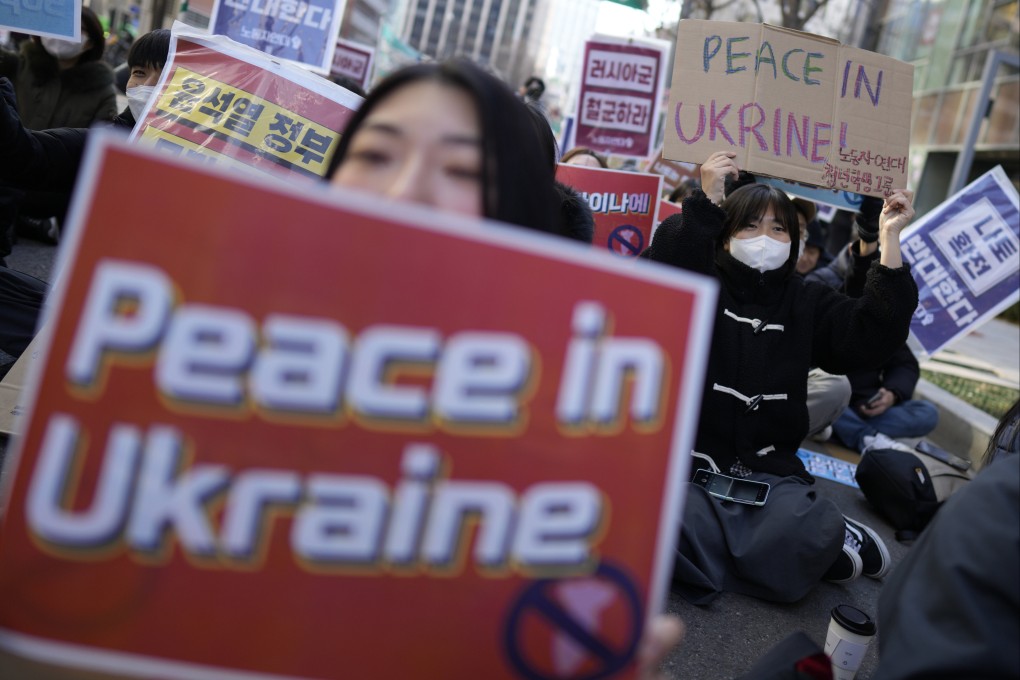Advertisement
Inside Out | West vs the rest: as Ukraine war rift grows, peace must be the priority
- Best way forward is for Western leaders to seriously consider China’s peace plan, Russia’s angst and the Global South’s concerns and priorities
- There must be a call for an immediate cessation of conflict and an honest search for a fair and balanced compromise
Reading Time:4 minutes
Why you can trust SCMP
18

As the well-known adage goes, the first casualty of war is the truth. Today, amid contesting narratives over the war in Ukraine, the observation is as true as ever: Russia’s narrative is fantastical, Nato’s is partial and unrealistic – and sceptical observers from the Global South have a different set of priorities.
Advertisement
On display is an awkward and unsettling “the West vs the rest” development. As Western allies grouped around Nato converge on a consensus that Russia must be crushed in a titanic battle between democracies and autocracies, the sceptical rest, largely from the developing world, are calling for peace and compromise.
They are calling for compromise when pressing challenges ranging from climate change, pandemic reconstruction and mounting debt burdens should take precedence. They are looking at the Ukraine conflict through the prism of national interest, rather than the universal principles of democracy and personal freedoms being served to them by the United States.
They include the 32 UN members (including China, India, Iran, South Africa, Bangladesh, Pakistan and Vietnam) that abstained in the UN vote last month demanding that Russia withdraw from Ukraine. They comprise most developing economies in the Group of 20 that has just met in New Delhi under Indian chairmanship.
As the National University of Singapore’s Kishore Mahbubani observed, most of these countries believe a “messy peace” would be less traumatising than a “monstrous war”.
Advertisement
And while Russian President Vladimir Putin may be surprised and perturbed by the unity of Nato’s response, so must the West be surprised and perturbed that so many countries in Asia, Africa and Latin America are unconvinced by the call for a great war between good and evil.

Advertisement
